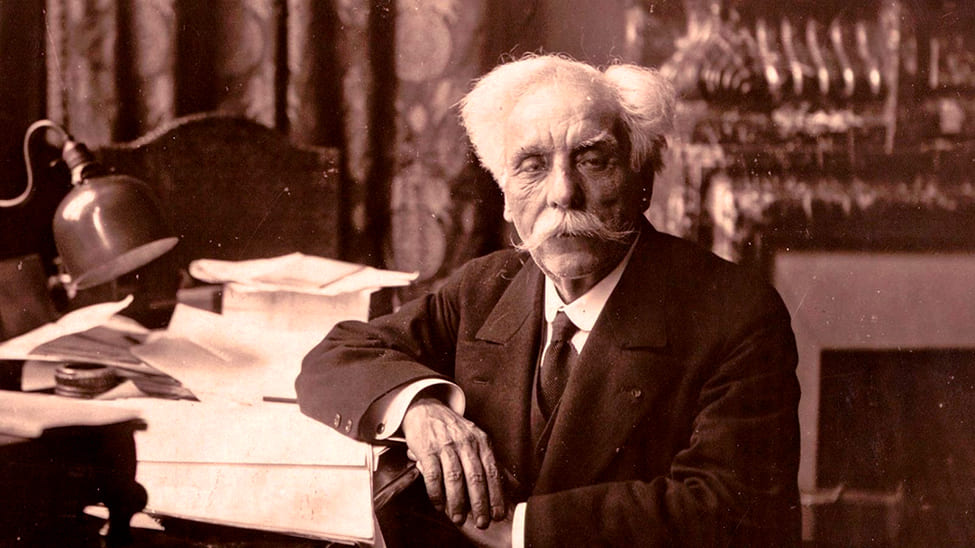BACK TO TOP
Gabriel Fauré
APRÈS UN RÊVE
GABRIEL FAURÉ
Après un Rêve (After a Dream), composed by Gabriel Fauré, is a known work in the classical repertoire. Originally a song for voice and piano, this piece has been adapted for cello and piano, a version that has been widely interpreted by cellists and is now part of the repertoire.
Inspired by a poetic vision of love and longing, Après un Rêve transports listeners to a dreamlike world. The cello’s lyrical melody, supported by the piano’s harmonies, captures the bittersweet emotions of waking up from a beautiful dream.
Fauré’s mastery of melody and harmony shines in this piece, where simplicity and emotion intertwine. The cello’s warm sound give voice to the human-like quality of the melody, while the piano provides a delicate accompaniment.
Performing Après un Rêve as a cello and piano duo supports its intimate and emotional qualities. The dialogue between the two instruments creates an intimate atmosphere, making this piece a key part of our repertoire.
ELEGIE
GABRIEL FAURÉ
Gabriel Fauré’s Élégie Op. 24 is a wellknown piece of the cello repertoire. Composed in 1880, this work for cello and piano is a moving expression of sorrow, resilience, and beauty.
The Élégie opens with a mournful melody, where the cello’s melancholic voice communicates a deep sense of loss. As the piece goes on, it builds to a passionate climax, before returning to its quiet, introspective conclusion, expressing the emotional journey of grief.
In Élégie, Fauré combines Romantic lyricism with his distinctive harmonic style, creating a piece that is both personal and relatable. The cello’s expressive abilities are fulfilled, while the piano provides a solid base. As a cello and piano duo, performing Élégie allows us to explore its wide emotional range and deliver a performance that audiences enjoy.
Date:
August 1, 2024


